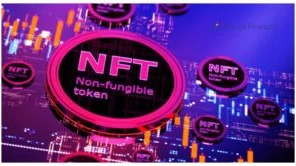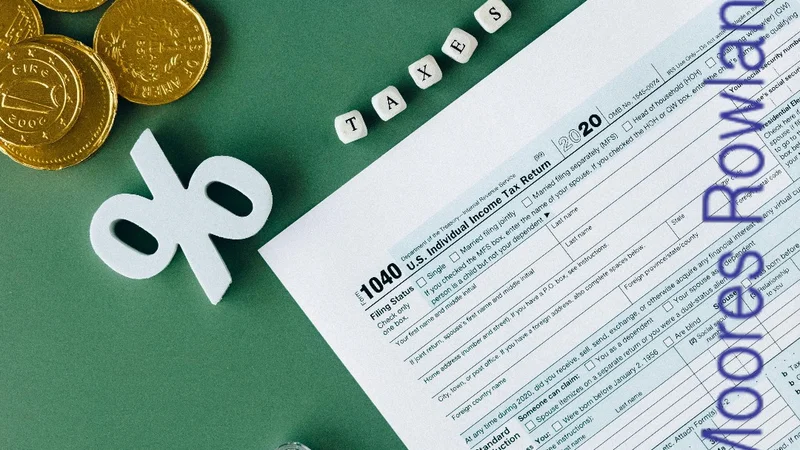NFTs are crucial to the Metaverse
Metaverse’s economy will be based on digital assets, including NFTs. Unique assets known as NFTs are kept on a blockchain like Ethereum, Polygon, or Solana.
•
July 26, 2022

Metaverse’s economy will be based on digital assets, including NFTs. Unique assets known as NFTs are kept on a blockchain like Ethereum, Polygon, or Solana. They act as verifiable deeds to real estate that only exists online. They may be moved across applications thanks to their storage on a public blockchain, which offers security and validity.
NFTs can be collectibles or branded things (such as shoes or purses) outside of gaming; even songs can be minted and sold as NFTs. As NFTs become more popular, they will be utilized as access passes for sporting events, clubs, and other venues, as well as for digital experiences. Some brands additionally provide "member" perks to customers who use their NFTs (for example, for preferred access to future products and experiences).
Notably, NFTs let players to keep complete control of their digital assets (skins, handbags, weapons, and so on), allowing them to freely trade NFTs with other players in the same publisher universe, sell them for real money, and eventually use them across various blockchains.
Smart contracts will be used to monetize NFTs in many circumstances. These are programs that are stored on a blockchain and run when certain circumstances are satisfied. So, if one condition is met, another action is carried out automatically. For example, an artist using NFT smart contracts can sell a piece to a collector while receiving a royalty portion on all later resales. Investors can buy a piece of a song from an artist. These investors will be paid every time the song is played on a streaming service via a smart contract.
Related

Beyond Borders: How Global Tax Shifts Are Redefining Professional Services
Why This Matters Now The Global Minimum Tax: With over 130 countries agreeing to a 15% corporate minimum tax, multinational companies are revisiting their structures. Advisors who understan...
Read more
Why Auditors, Tax Advisors, and Consultants Are the Hidden Architects of the Future
They Don’t Just Count the Numbers—They See the Future Think auditors just tick boxes? Wrong. They read numbers the way meteorologists read weather patterns—spotting trouble before it arrives. ...
Read more
Plot Twist: Auditors, Tax Advisors, and Consultants Are the New Corporate Rockstars
Scene One: When Things Go Wrong, Who Do They Call? When a company’s facing a data breach, a tax audit, a cross-border compliance nightmare, or an ESG scandal—the CEO isn't calling marketi...
Read more